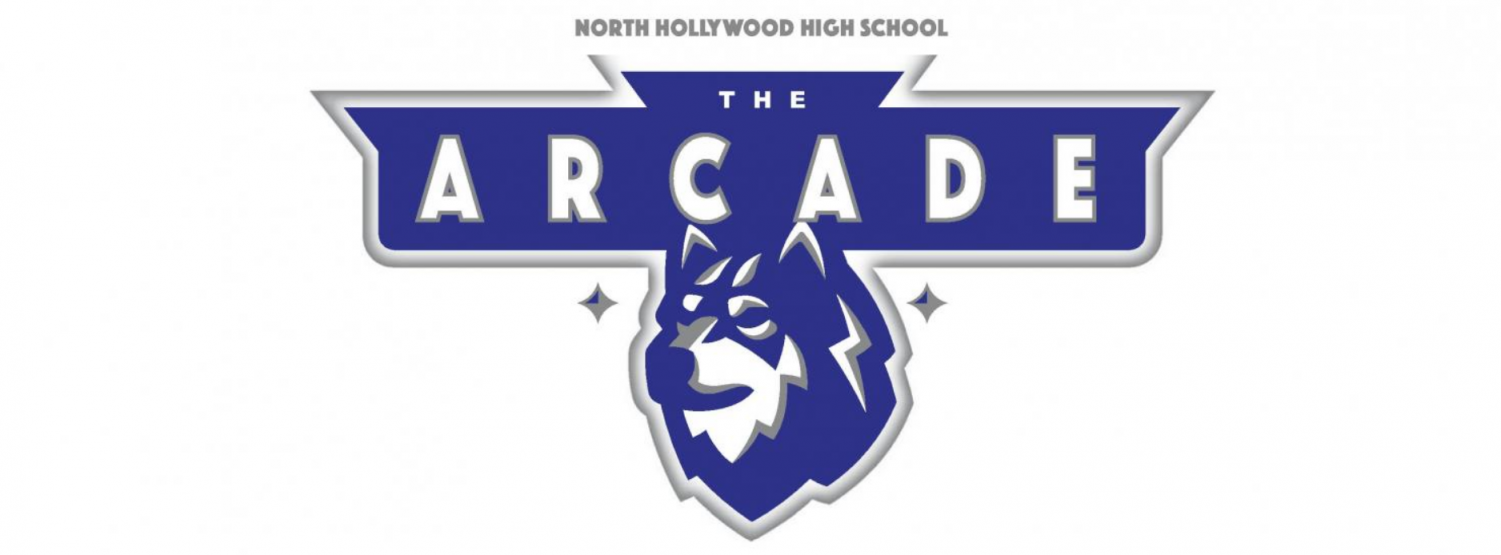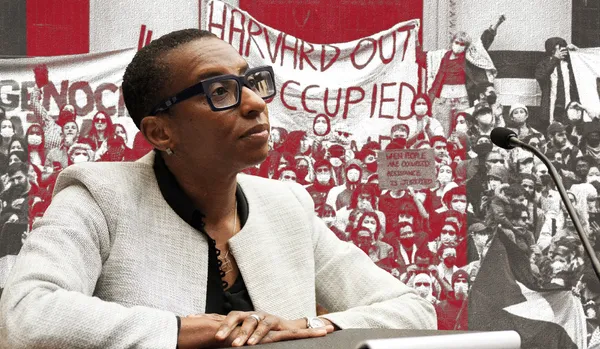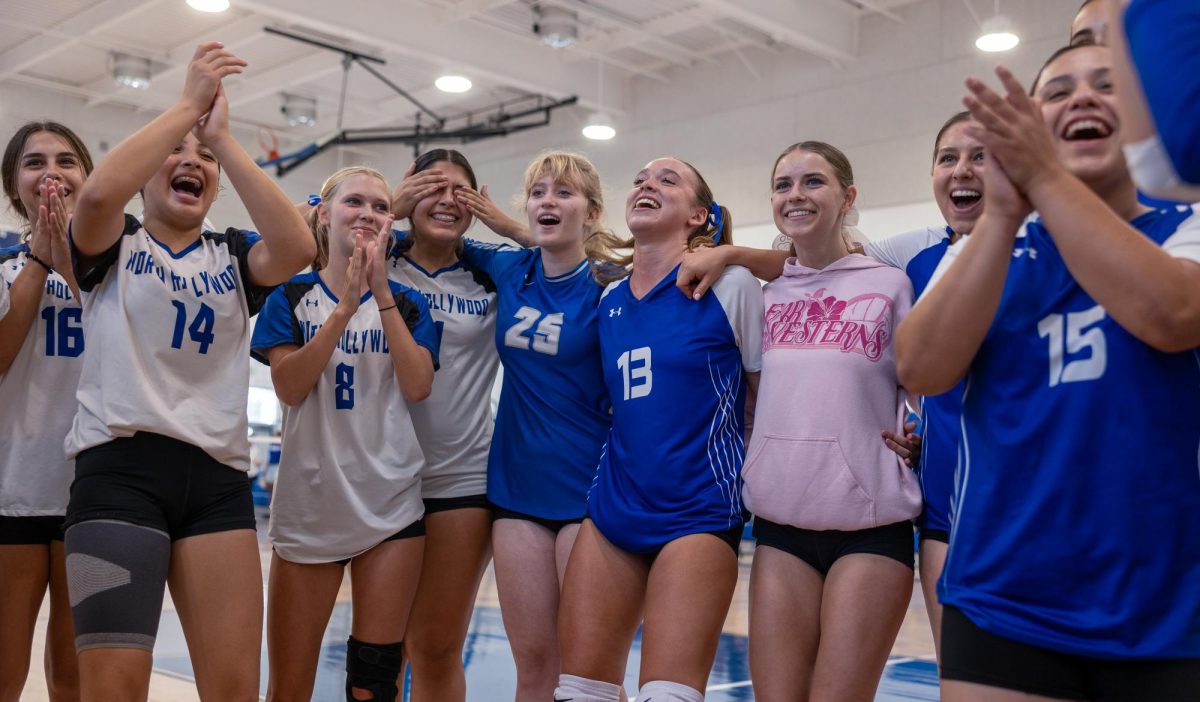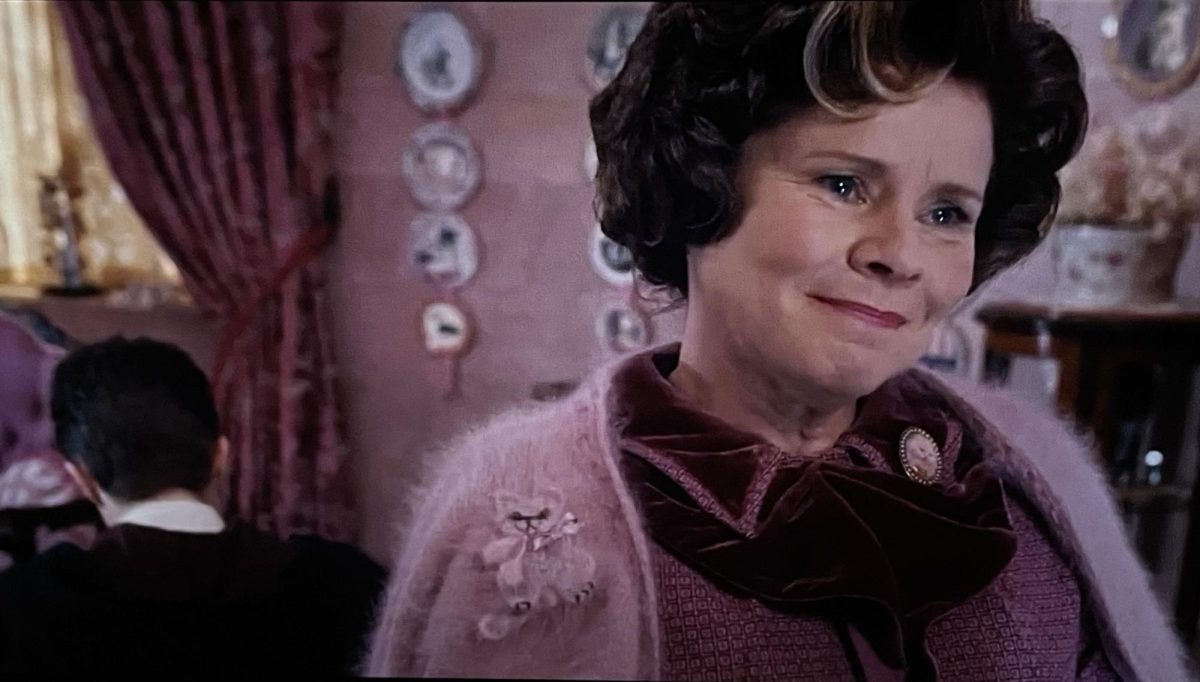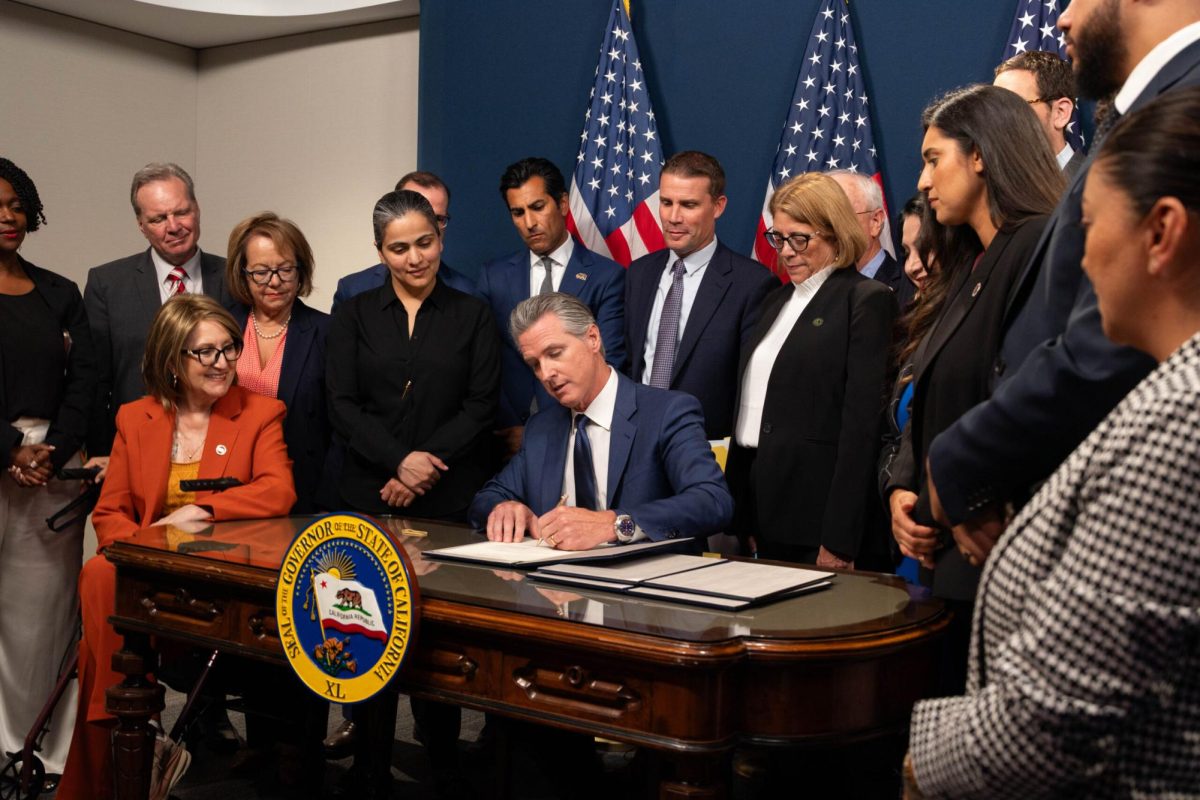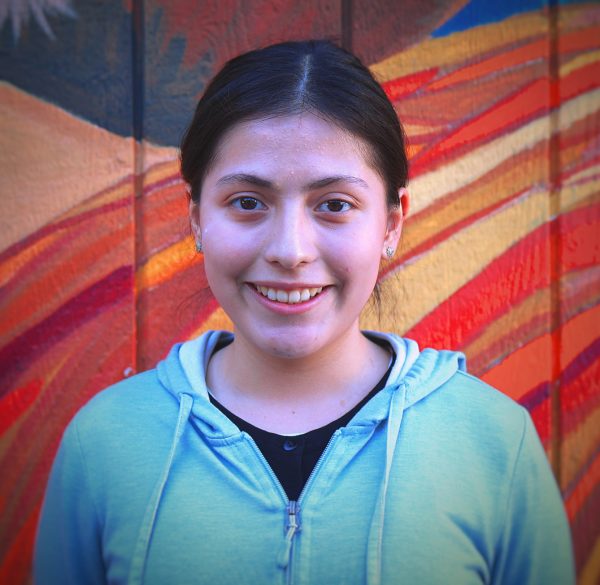Claudine Gay was the first person of color and second woman in Harvard University’s 386-year history to serve as president. Her resignation on January 2nd makes her six-month term as president the shortest of any in Harvard’s history.
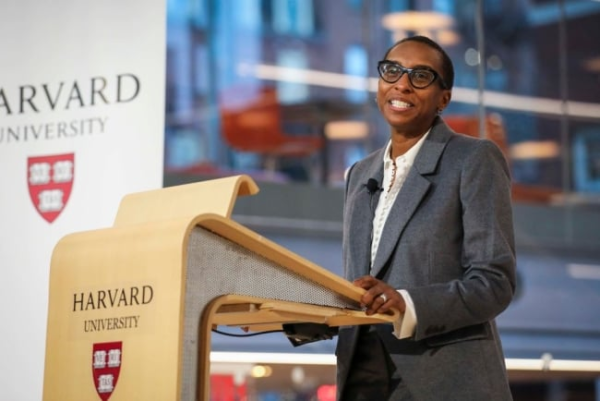
Gay’s resignation from her seat as Harvard University’s president comes after facing backlash for how she has handled antisemitism on campus and accusations of plagiarism in her academic work.
Amid this event, the discourse that has risen is whether the pressures aimed at
Gay to resign were truly motivated by her actions–or if race was at play.
Gay began her term as president last July. After an influx of reports of antisemitism and Islamophobia on college campuses nationwide since October 7th, university presidents including Gay, University of Pennsylvania President Liz Magill, and Massachusetts Institute of Technology President Sally Kornbluth, faced growing pressure to respond to concerns about Jewish students’ safety.
Gay’s response to a line of questioning from GOP Rep. Elise Stefanik during her testimony before a House Committee on Education and the Workforce on antisemitism in college campuses in December prompted outrage. Asked by Stefanik whether calls for the genocide of Jews violate Harvard’s rules of bullying and harassment, Gay responded, “It can be, depending on the context.”
Critics faulted Gay for not giving a simple “yes.”
In the midst of this uproar was the growing rumble of accusations of plagiarism. Soon after the December congressional hearing, Gay was accused of plagiarism by conservative anti-Diversity, Equity, Inclusion (DEI) in schools advocate Christopher Rufo, journalist Aaron Sibarium, and by an anonymous complaint.
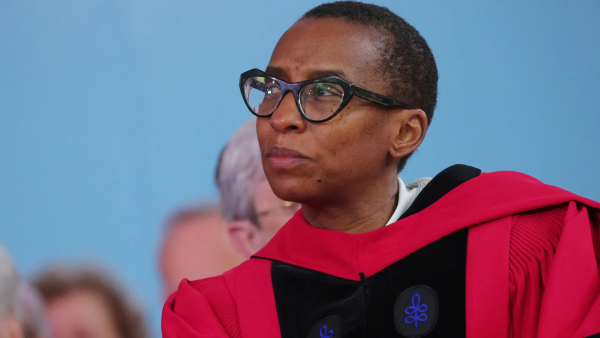
As summarized by The New York Times, the allegations concerned “using material from other sources without proper attribution… [ranging] from brief snippets of technical definitions to paragraphs summing up other scholars’ research that are only lightly paraphrased, and in some cases lack any direct citation of the other scholars.” The allegations totaled almost 50 instances spanning eight of Gay’s academic works, including her dissertation and five of her 11 published articles.
Gay’s resignation sparked different reactions from across the political spectrum.
Some Jewish groups said her resignation matters and had to happen because it means she was held accountable for her remarks.
Ron Halber, the Executive Director of the Jewish Community Relations Council of Greater Washington, told USA TODAY after her resignation that university presidents have to understand that speech can create an environment where Jewish students feel “physically intimidated.”

However, Gay’s supporters say the resignation shows, “how vulnerable people of color can be to accusations tinged with racism.” They cite rhetoric that claimed Gay had gotten the job in large part because she is a Black woman as particularly concerning.
“To act like this president, Claudine Gay, was not qualified to be president, and that she was only given the job because she was a Black woman, is a threat to Black women in high positions all over the country,” Rev. Al Sharpton told USA TODAY.
Gay wrote it was “distressing to have doubt cast on my commitments to confronting hate and to upholding scholarly rigor … and frightening to be subjected to personal attacks and threats fueled by racial animus.”
Attacks on the embattled president took the form of “repugnant and in some cases racist vitriol directed at her through disgraceful emails and phone calls,” according to the Harvard Corporation, one of the institution’s two governing boards.
On the other hand, others celebrated Gay’s resignation and called for her downfall, particularly conservative individuals. For instance, Rufo, who publicized allegations of plagiarism and antisemitism against Gay, celebrated her resignation as a win against DEI.
“This is the beginning of the end for DEI in America’s institutions,” said Rufo in a social media post. “We will not stop fighting until we have restored colorblind equality in our great nation.”
Republican presidential candidates also seized on the episode, folding it into their broader criticism of the U.S.’s elite institutions as too “woke” and liberal.
In an interview with the conservative radio host Hugh Hewitt on Thursday, Ron DeSantis, who has led the rightwing crackdown on higher education as Florida’s governor, said “the college presidents’ lack of moral clarity was a reflection of the liberal orthodoxy permeating higher education.”
“They [higher education institutions] should not be these hotbeds of anti-Americanism and antisemitism. But that’s what they’ve become,” expressed DeSantis.
In a letter Tuesday, the Harvard Corporation defended Gay and said they accepted her resignation “with sorrow.” The Corporation, which is the university’s governing body, said she showed “remarkable resilience in the face of deeply personal and sustained attacks.”
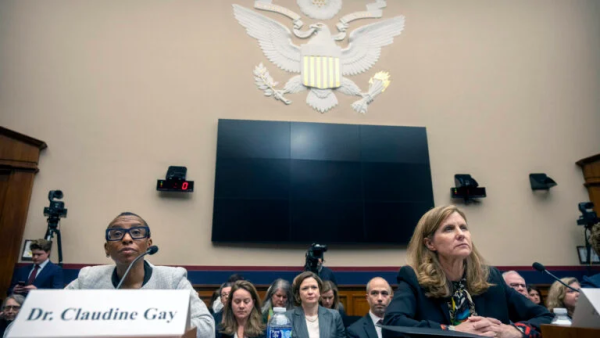
“It is with a heavy heart but a deep love for Harvard that I write to share that I will be stepping down as president,” Gay wrote in a letter to the Harvard community. Gay remains on the faculty at Harvard.
The Harvard Board of Overseers, responsible for the selection of the university president, will now commence the search for a successor to lead one of the world’s most renowned educational institutions.
